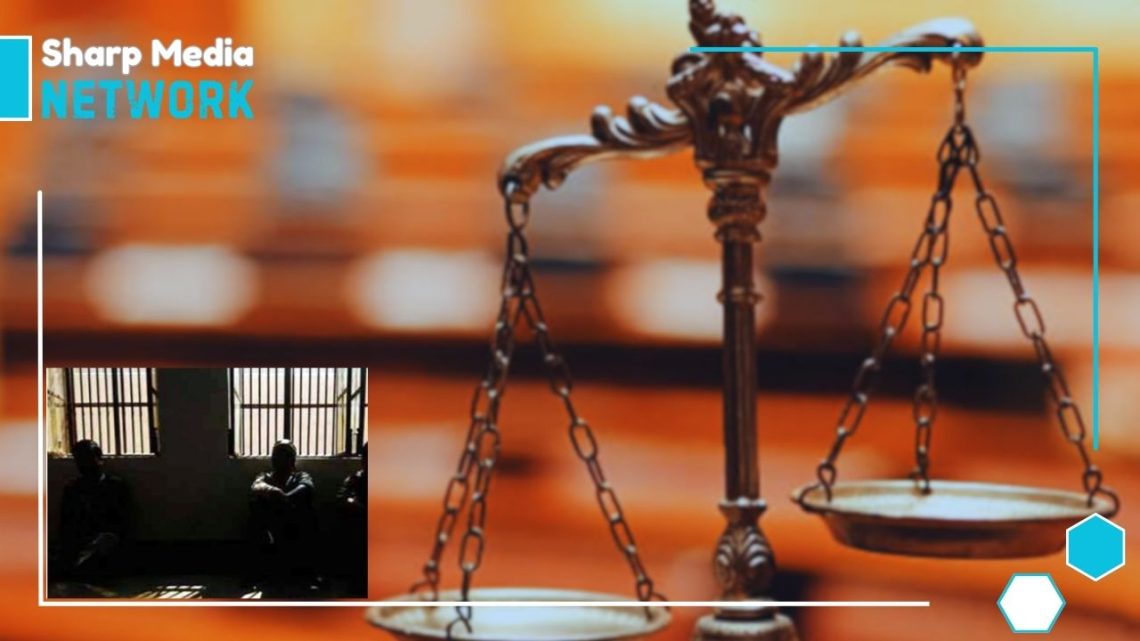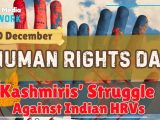
IIOJK in Legal Crisis with 0.379 million Pending Cases Amid Mass Detentions
December 9, 2024With over 3.79 lakh pending cases and thousands detained under oppressive laws, IIOJK’s judiciary is buckling under the weight of India’s unjust occupation and legal neglect.
Indian Illegally Occupied Jammu and Kashmir (IIOJK) is drowning in a legal crisis, with over 0.379 million cases pending in its courts, a backlog that has worsened since the controversial revocation of Article 370 in August 2019. The situation is compounded by the arbitrary detention of thousands of Kashmiris, including political leaders, activists, and youth, under draconian laws like the Public Safety Act (PSA) and Unlawful Activities (Prevention) Act (UAPA).
Arjun Ram Meghwal, India’s Minister of State for Law and Justice, revealed these shocking figures during a Lok Sabha session, citing data from India’s National Judicial Data Grid (NJDG). As of November 30, 2024, there are 3,32,802 cases pending in the District and Subordinate Courts of Jammu and Kashmir, while the High Court faces a backlog of 45,464 cases. The courts in Ladakh are also overwhelmed with 1,456 unresolved cases.
The massive caseload is directly linked to the political unrest and widespread detentions following the revocation of Article 370, which granted Jammu and Kashmir special autonomy. Legal experts and human rights advocates argue that the surge in arbitrary arrests has placed an immense strain on the already fragile legal system, making access to justice increasingly difficult. The detentions, many of which remain unresolved, have created a legal and humanitarian crisis in the region, with detainees often held without trial or proper legal recourse.
The backlog of cases, combined with the lack of legal representation and the absence of fair trials, paints a grim picture of the justice system in IIOJK. Advocacy groups have raised alarms about the systemic failure to address these violations, pointing out the growing numbers of Kashmiris languishing in jails without a fair hearing. The draconian laws used to detain individuals under the pretext of national security have been widely criticized for their abuse and misuse, with many detainees denied even basic rights like access to lawyers or family visits.
This legal bottleneck reflects the broader problem in IIOJK, where the rule of law is undermined by political oppression and the erosion of civil rights. The delay in resolving cases, particularly those related to unlawful detentions, is a stark reminder of how India’s ongoing occupation and its policies have placed an unjust burden on the people of IIOJK and the region’s judiciary.

